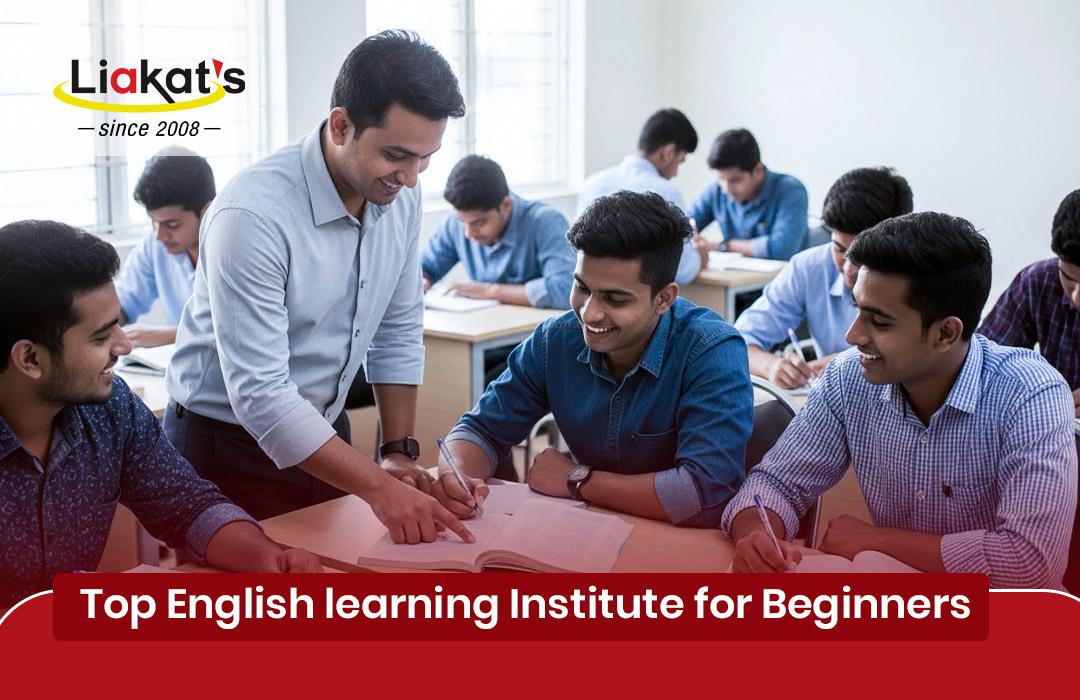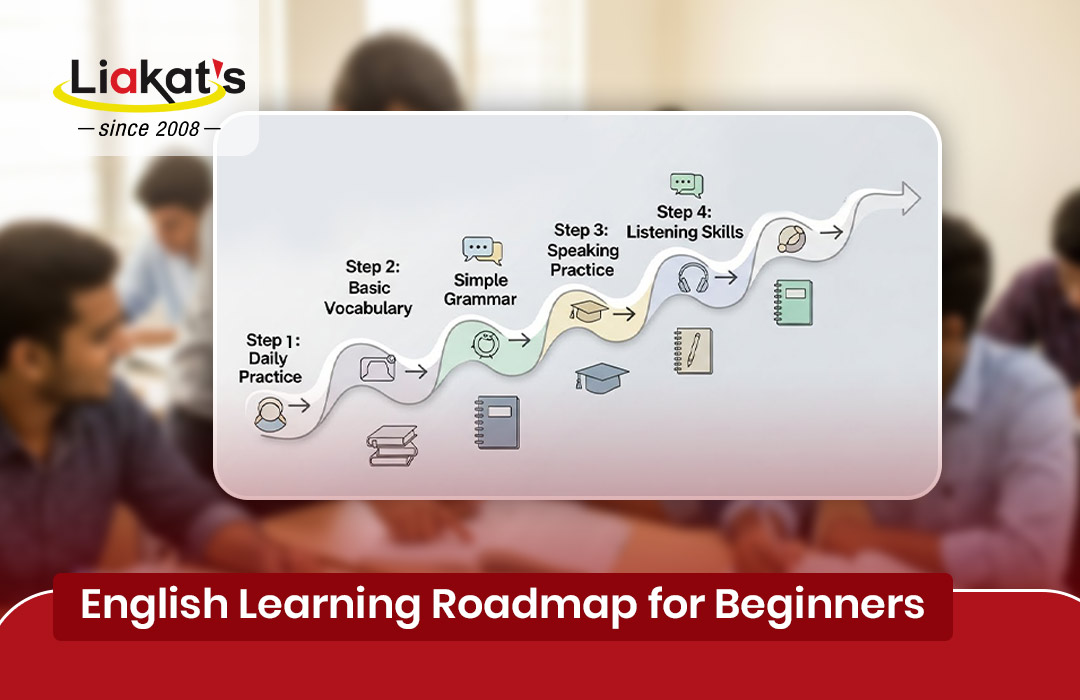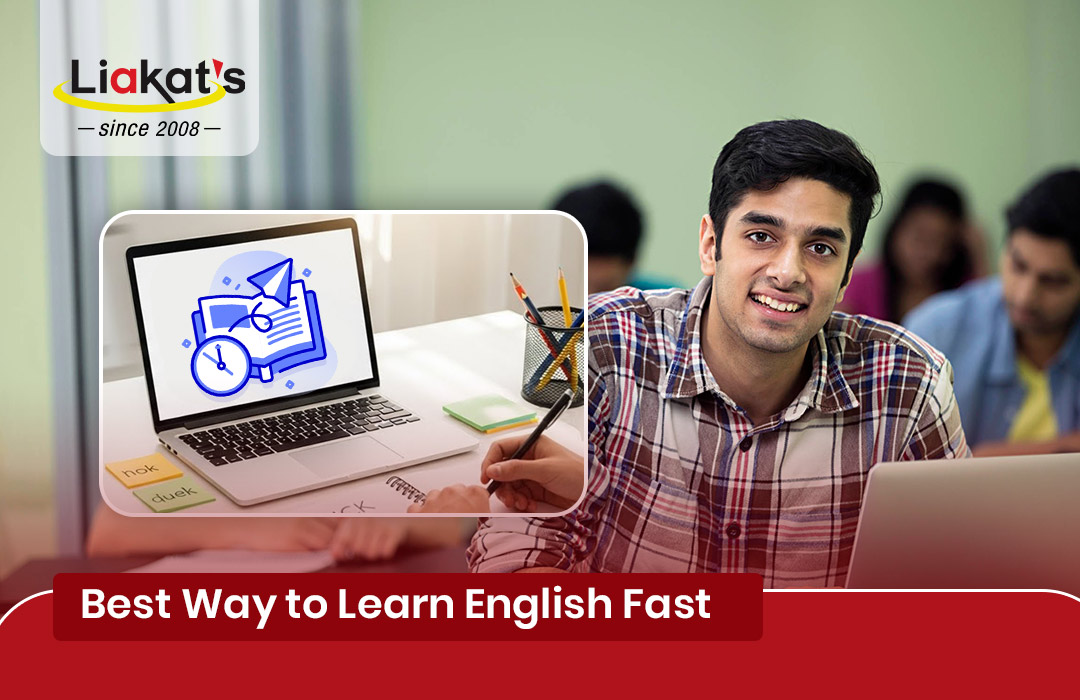The IELTS Reading test is one of the most crucial sections of the IELTS exam. If you’re preparing for the Academic or General Training version, understanding the test format and using the right strategies can improve your score. This guide will explore key tips for success, time management techniques, and strategies to help you ace your IELTS Reading test.
Understanding the IELTS Reading Test Format
Before diving into strategies, it’s essential to understand the structure of the IELTS Reading practice test.
- Academic Reading: The IELTS test consists of three long texts, generally 600 to 900 words each. These texts may be descriptive, factual, or analytical.
- General Reading: This version has three sections with shorter passages, focusing on practical reading skills, such as reading advertisements, notices, and instructions.
Both versions test your ability to understand and interpret various texts. Understanding the format can help you know what to expect on test day.
IELTS Reading Tips for Success
Here are some proven IELTS test tips to ensure you do well on the IELTS Reading test:
- Read the Questions First: Before reading the passage, skim through the questions. This will help you know what to look for in the text and avoid wasting Time.
- Focus on Keywords: Respond to keywords in the questions and the text. Keywords are the foundation of finding the correct answers quickly.
- Practice Regularly: Consistent practice will help improve both speed and accuracy.
By incorporating these strategies into your study routine, you’ll be well on your way to success.
Tips for the IELTS Reading Test- Time Management
One of the biggest challenges in the IELTS Reading test is managing Time effectively. You will have 60 minutes to complete 40 topics, so time management is crucial.
- Allocate Time Wisely: Spend 20 minutes on each section and 20 minutes for review. Keep an eye on the clock to avoid rushing through the last section.
- Don’t Get Stuck on Difficult Questions: If you’re having trouble with topics, move on. You can always return to it later.
- Practice Under Timed Conditions: Simulate exam conditions while practicing to improve your time management skills.
With a little planning, you’ll be able to handle the time constraints with ease.
How to Skim and Scan Effectively for IELTS Reading
Skimming and scanning are two important reading methods for the IELTS Reading test.
- Skimming: Skim through the passage quickly to get a general idea of the topic and structure. Focus on the first and last sentences of each paragraph.
- Scanning: After skimming, scan for specific details related to the questions. Look for numbers, dates, names, or keywords that match the question.
These techniques will allow you to find answers faster without reading every word.
The Importance of Vocabulary for IELTS Reading Success
A strong vocabulary is essential for success in the IELTS Reading test. The more words you know, the better you’ll understand the passages.
- Learn Synonyms: The test often uses synonyms, so learn alternate words with the same meaning.
- Expand Your Word Bank: Focus on learning academic vocabulary and words commonly used daily, especially for the General Training test.
- Read Regularly: The more you read, the more you’ll be exposed to new words. Make reading a daily habit.
A good vocabulary will help you understand various texts and increase your chances of answering questions correctly.
Common Mistakes to Avoid in IELTS Reading
Avoid these common errors to boost your chances of success:
- Not Reading Instructions Carefully: Always read the instructions before starting the test. Failing to follow instructions could cost you valuable marks.
- Spending Too Much Time on One Question: Don’t let one difficult question consume all your Time. Move on and come back later if needed.
- Guessing Without Understanding: It’s tempting to guess answers, but it’s better to leave a question blank if you’re unsure than to provide a random answer.
Being aware of these pitfalls will help you stay focused and perform better.
How to Handle Different Question Types in IELTS Reading
The IELTS Reading test includes various question types, such as multiple choice, matching headings, and fill-in-the-blank questions. Here’s how to tackle each:
- Multiple Choice: Eliminate incorrect answers first, then carefully choose the best one based on the passage.
- Matching Headings: Read the paragraphs carefully and match them with the appropriate heading based on the main idea.
- True/False/Not Given: Pay attention to the wording in the passage and the question to determine if the statement is true, false, or not mentioned.
Understanding and practicing the question types will make you more efficient during the test.
More IELTS tips to Improve Your IELTS Reading
- Take Practice Tests: The more practice exams you take, the more you’ll understand the test format and types of questions.
- Review Your Mistakes: After each practice test, Review your errors to figure out where you went wrong.
- Stay Consistent: Consistency is key. Regular reading practice will help you improve steadily.
By focusing on continuous improvement, you’ll be able to achieve a higher score.
Reading Strategies for IELTS Academic vs General Training
The reading strategies for IELTS Academic and General Training are quite similar, but there are some differences in the content:
- Academic Reading: Focuses more on formal language and complex texts, so your strategy should involve detailed reading and thorough understanding.
- General Training Reading: Deals with everyday texts, so your approach should focus on skimming and scanning for practical information.
Tailoring your strategy to the specific test type will improve your performance.
How to Stay Calm and Focused During the IELTS Reading Test
Staying cool and focused during the mock test is critical to success. Here’s how:
- Practice Relaxation Techniques: Deep breathing can assist in relaxing your nerves before and throughout the test.
- Stay Positive: Maintain a beneficial mindset and keep an eye on doing your best.
- Avoid Overthinking: Don’t stress over difficult questions. Move on and come back later with a fresh perspective.
By staying calm, you can approach each question with confidence and clarity.
Top Resources for Practicing IELTS Reading Skills
To further improve your IELTS Reading skills, here are some excellent resources:
- Official IELTS Practice Materials: These resources provide real exam practice online and in bookstores.
- IELTS Prep Apps: Apps like IELTS Prep and Vocabulary Builder are perfect for on-the-go practice.
- Reading Websites: BBC Learning English and Cambridge English offer free reading materials and exercises.
Using these resources will ensure you’re well-prepared for your test day.
Conclusion
The IELTS Reading test is vital to your IELTS exam, but you can improve your score significantly with the right strategies and consistent practice. Use the tricks in this article to optimize your preparation and avoid common mistakes. Remember, success comes from practicing and improving time management, skimming/scanning techniques, and vocabulary. Good luck with your preparation, and with the right mindset, you’ll be well on your way to acing the test!
Frequently Asked Questions
How long is the IELTS Reading test?
The IELTS Reading test lasts 60 minutes.
What types of questions appear on the IELTS Reading test?
The test includes multiple-choice, matching headings, fill-in-the-blank, and True/False/Not-given questions.
Can I forecast the answers to the IELTS Reading Test?
It’s better to leave a question blank if you’re unsure, as guessing without understanding can reduce your chances.
How many sections are in the IELTS Reading test?
There are three sections in both the Academic and General Training versions.
Is the IELTS Reading test difficult?
It can be challenging, but you can increase your reading speed and accuracy with practice.
How can I increase my vocabulary for IELTS Reading?
Regular reading and learning synonyms will help expand your vocabulary.
What’s the best strategy for handling time pressure in the IELTS Reading test?
Allocate Time for each section and avoid spending too much Time on one question.
How should I approach matching headings questions?
Before choosing a header, ensure you understand each paragraph’s major point.
Is it important to practice with IELTS Reading tests?
Yes, taking practice tests is essential for familiarizing yourself with the format and improving your score.
What should I do if I don’t know the answer to a question?
Move on to the next question and come back later if time allows.
I hope this article helps with your IELTS Reading preparation! For more resources and tips, be sure to visit LiaKats.





